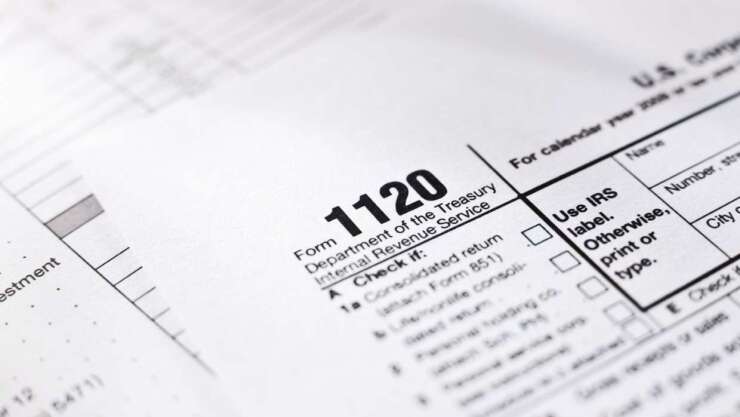Companies are using “clawbacks” to recover incentive compensation that was given to executives through erroneous financial reporting while lowering their effective tax rates, but the practice of clawback adoption could be having some negative consequences, according to a new study.
The study, which will be appearing in the January issue of The Accounting Review, a peer-reviewed publication of the American Accounting Association, looked at some earlier studies. It found that some studies have concluded that clawback adoptions improve financial reporting, but other researchers have discovered that clawback adoption may prompt managers to set up affiliates in low-tax countries and to otherwise manipulate company operations in ways that could dampen long-term shareholder value.
With complaints mounting on the campaign trail about how many corporations don't pay their fair share of taxes, the study found that clawback adoption has the effect of prompting managers to drive down their companies' effective tax rates.
The study, by Thomas C. Omer and Thomas R. Kubick of the University of Nebraska—Lincoln and Zac Wiebe of the University of Arkansas, compares 233 companies that adopted clawbacks voluntarily against similar companies that didn’t do clawbacks. The researchers found that soon after a clawback adoption, companies were significantly more likely than non-adopters to report a new subsidiary in a tax-haven country; to increase payments for auditor-provided tax services; and to increase board interlocks with companies with low effective tax rates.
“Capital market pressures to meet earnings expectations do not subside following clawback adoption,” the researchers write. Companies executives who come under pressure to meet earnings targets or forecasts have frequently turned to manipulating accruals, non-cash accounting items that commonly involve some facet of estimation or guesswork. But “the potential costs of these [accrual-based] strategies are higher in a clawback environment because aggressive accruals can attract regulatory scrutiny and lead to forfeited compensation…Reducing income-tax expense is an attractive alternative.”
The researchers estimate that the 233 clawback adopters in their study lowered their effective tax rates enough in their clawback adoption year to save an average of about $18 million. This came out to approximately 1.6 percent of their average pre-tax net income of $1.1 billion and a total decline in income-tax expense for the 223 adopters of about $4.2 billion.
The study relies on data prior to the enactment of the Tax Cut and Jobs Act in December 2017, which dramatically reduced corporate tax rates. It is unclear whether the impact of clawback adoption on effective tax rates would have changed the findings, according to one of the researchers.
“On the one hand, corporate leaders are under no less pressure than before to meet earnings targets and forecasts,” Omer said in a statement. “On the other hand, if lowering an ETR from 21 percent to 19 percent is more difficult and more expensive to achieve than lowering it from 32 percent to 30 percent, a tax-based strategy might be a less desirable option to meet earnings goals than it was before tax reform.”






